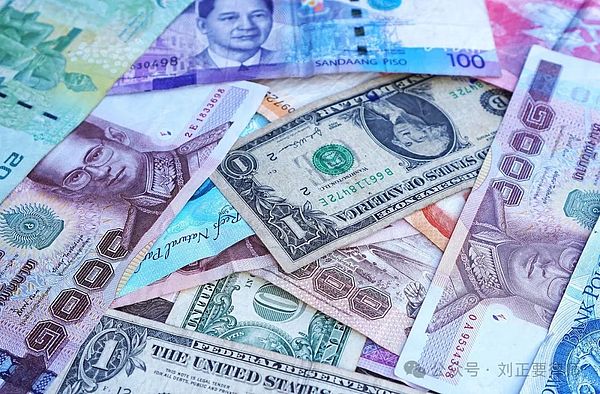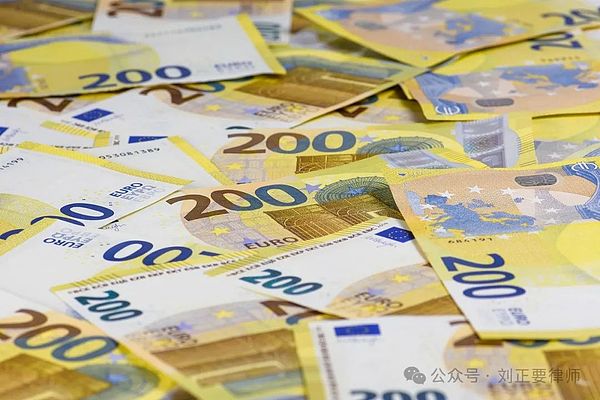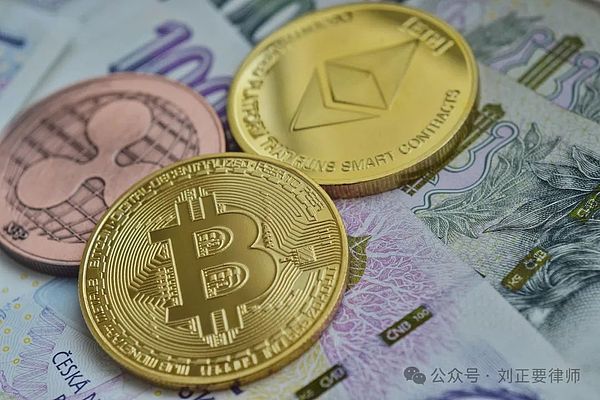Before I started my legal career, I worked in the Agricultural Bank of China in international business, and one of my jobs was to review clients’ applications for foreign exchange settlement and sale. Since I started my legal career, criminal defense in the cryptocurrency industry has occupied my main focus. In the second half of this year, a case involving the use of virtual currency to purchase foreign exchange made me regain my old knowledge and begin to focus on the issue of illegal foreign exchange settlement in virtual currency business scenarios. This process was quite interesting and had a sense of timelessness.

Illegal foreign exchange settlement VS. illegal foreign exchange trading
Here I must first explain that illegal foreign exchange settlement is different from illegal foreign exchange trading. The latter mainly refers to the private foreign exchange trading without going through state-designated institutions (such as banks). In practice, the common illegal foreign exchange trading is through underground banks. In current cases, some courts directly equate virtual currencies (especially stablecoins, such as USDT) with foreign exchange. At this time, you may buy virtual currencies from virtual currency exchanges (although it is actually a C2C transaction), and there is also a risk of being identified as illegally purchasing foreign exchange.
Of course, as lawyers in the cryptocurrency circle, we definitely think that the court's determination is too absurd. USDT is definitely not legal tender, let alone foreign exchange. Therefore, purchasing USDT cannot be identified as purchasing foreign exchange.
Common types of illegal foreign exchange settlement
There are mainly two situations of illegal foreign exchange settlement:
One is illegal foreign exchange settlement with a fictitious trade background. For example, a company applies to a bank for foreign exchange settlement through forged customs declarations and bills of lading. In essence, this kind of foreign exchange settlement does not have a real background of goods trade and service provision as a foreign exchange settlement business. The company only wants to convert foreign exchange into RMB through a bank and transfer it into the country for other purposes.
The second is to obtain foreign exchange settlement quotas through fraudulent means. In practice, some individuals or companies evade foreign exchange supervision by splitting the settlement amount in the "ant moving" way, and ultimately achieve the purpose of large-scale foreign exchange settlement. For example, Xiao Liu split his foreign exchange funds into multiple accounts, and the amount of each account was controlled within the amount that did not need to be reported or was relaxed in the foreign exchange management regulations, and then borrowed the foreign exchange accounts of Xiao Wang, Xiao Zhang, Xiao Zhao and others to conduct foreign exchange settlement operations.
In addition, according to the knowledge question and answer column on the official website of the State Administration of Foreign Exchange, illegal foreign exchange settlement also includes "violation of foreign exchange management regulations, and settlement of foreign exchange funds that are not allowed to be settled."
In virtual currency transactions, when some foreign exchange converted into cash overseas is difficult to enter the country legally, the aforementioned problem of illegal foreign exchange settlement will be involved.

Illegal foreign exchange settlement in virtual currency business scenarios
(i) Funds enter the country after individuals or enterprises make large withdrawals abroad
Nowadays, friends in the cryptocurrency circle are becoming more and more aware of compliance, partly because they are afraid of having their bank cards frozen; some people withdraw funds in places such as Hong Kong that allow virtual currency transactions, exchange virtual currencies into Hong Kong dollars or legal tender of other countries, and then enter the country through false foreign exchange settlement in the above manner.
Some companies directly accept USDT in foreign trade, but due to their limited anti-money laundering review methods, they are very likely to receive stolen money. In addition, the mainland does not actually allow the exchange of virtual currency and legal currency, so some companies will choose to withdraw funds overseas and convert virtual currency into local legal currency. If they have overseas bank accounts, they can choose to deposit the money directly into overseas accounts; if not, they still face the problem of converting foreign currency into RMB. The general choice is to convert foreign currency into RMB through the aforementioned fictitious trade, ant moving, etc.
(II) Entry of funds in judicial disposal business
At present, there is another business scenario, which is the issue of entry of funds in the judicial disposal of virtual currency.
Based on the provisions of the Notice on Further Preventing and Dealing with the Risks of Virtual Currency Trading Speculation ("9.24 Notice") issued by ten ministries and commissions of the State in 2021, the current disposal of virtual currencies involved in the case is carried out overseas. However, how to transfer the funds after the overseas realization to domestic companies or case-handling agencies is an issue that the disposal companies cannot avoid. In practice, some non-compliant disposal companies have settled foreign exchange in China by means of fictitious trade and capital projects. These issues all involve the supervision of virtual currencies and my country's current foreign exchange policies.
Legal risks
(I) Criminal legal risks
Let's sort out the criminal charges of foreign exchange, including evasion of foreign exchange, fraudulent purchase of foreign exchange, and illegal business operations. For foreign exchange crimes involving virtual currencies, the main crime is suspected of illegal business operations.
However, the common crime model is foreign exchange speculation, illegal foreign exchange trading, disguised foreign exchange trading, etc. Illegal foreign exchange settlement or helping others to settle foreign exchange illegally does not constitute a criminal offense, and administrative penalties are sufficient. However, in practice, some courts have expanded the scope of application of the crime of illegal business operations and also identified illegal foreign exchange settlement as an illegal business operation crime.
(II) Administrative Penalty Risk
Although illegal foreign exchange settlement does not constitute a criminal offense, it is definitely a violation of my country's regulatory policies on foreign exchange management. For example, Article 41 of the "Foreign Exchange Management Regulations" stipulates that the penalty for illegal foreign exchange settlement is "the funds illegally settled shall be redeemed and a fine of no more than 30% of the illegal amount shall be imposed."

Written at the end
It seems that, whether it is the judicial disposal of virtual currency, or the desire of individuals and enterprises to convert foreign currency into RMB after withdrawing funds abroad, illegal foreign exchange conversion will definitely not work. But if you ask what method works, this cannot be discussed publicly, otherwise this article will be suspected of constituting investment advice for virtual currency.
Starting this month, the currency circle has started a new round of bull market, and some people's enthusiasm has been rekindled, and they are ready to jump into the bustling encryption train. However, lawyers would like to remind you that the investment risk in the cryptocurrency industry is far greater than that in stocks, bonds, and futures, and it is difficult to seek relief under Chinese law after you lose money on your investment. Unless it is a very typical and obvious criminal case and the suspect is in China, the mainland police may intervene.
 链向资讯
链向资讯



